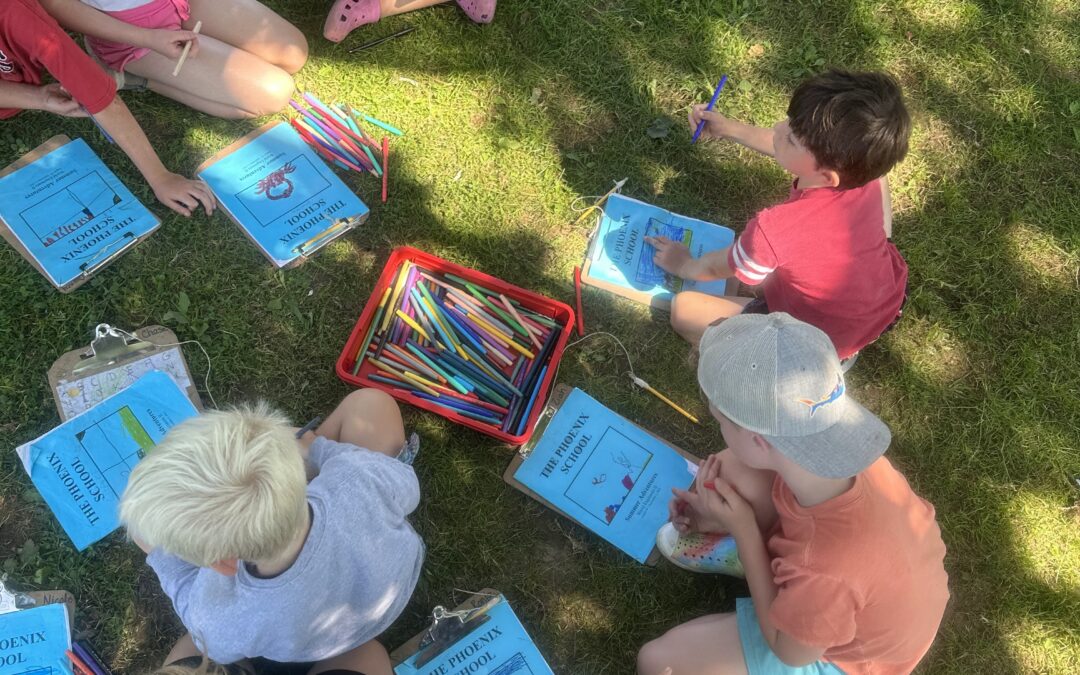In the world of education, it’s not uncommon for parents to have concerns about curricula that appear “open-ended.” There’s a fear that children might get lost in the vastness of the learning landscape.
However, let’s delve into why open-ended learning is not only beneficial but also helps students thrive.
- Fostering Independence: Open-ended curricula empower students to take control of their learning journey. Rather than being spoon-feed information, it encourages them to explore, ask questions, and seek answers on their own. This process of self-discovery nurtures independence and self-reliance.
- Critical Thinking: When students encounter open-ended tasks, they are encouraged to think critically and creatively. They learn to analyze problems, brainstorm solutions, and adapt to various challenges. These are essential life skills that extend far beyond the classroom.
- Adapting to Change: In today’s fast-paced world, adaptability is key. Open-ended learning teaches students to be flexible and resilient in the face of change. They become comfortable with uncertainty, which is a vital skill in an ever-evolving job market.
- Individualized Learning: Every child is unique, and open-ended curricula cater to this diversity. Students can explore topics that genuinely interest them, diving deeper into subjects they are passionate about. This individualized approach helps them develop a love for learning.
- Problem-Solving Skills: In open-ended environments, students are encouraged to tackle complex problems. They learn that not every challenge has a single “correct” answer. Instead, they discover multiple solutions and the importance of perseverance in finding them.
- Responsibility: Open-ended learning places responsibility on students. They must manage their time, set goals, and track their progress. These skills are invaluable in preparing them for adulthood.
- Lifelong Learning: Perhaps the most significant advantage of open-ended learning is that it instills a passion for lifelong learning. When children are encouraged to be curious and explore, they are more likely to continue seeking knowledge throughout their lives.
In reality, students thrive in open-ended environments because they understand what they need to do. They learn quickly to adapt, ask questions, and discover solutions independently. Rather than fearing confusion, we should celebrate the opportunities that open-ended learning provides. It equips our children with the skills and mindset they need to navigate an ever-changing world with confidence and enthusiasm. So, embrace the open-ended curriculum; your child’s future self will thank you. 💡📚

